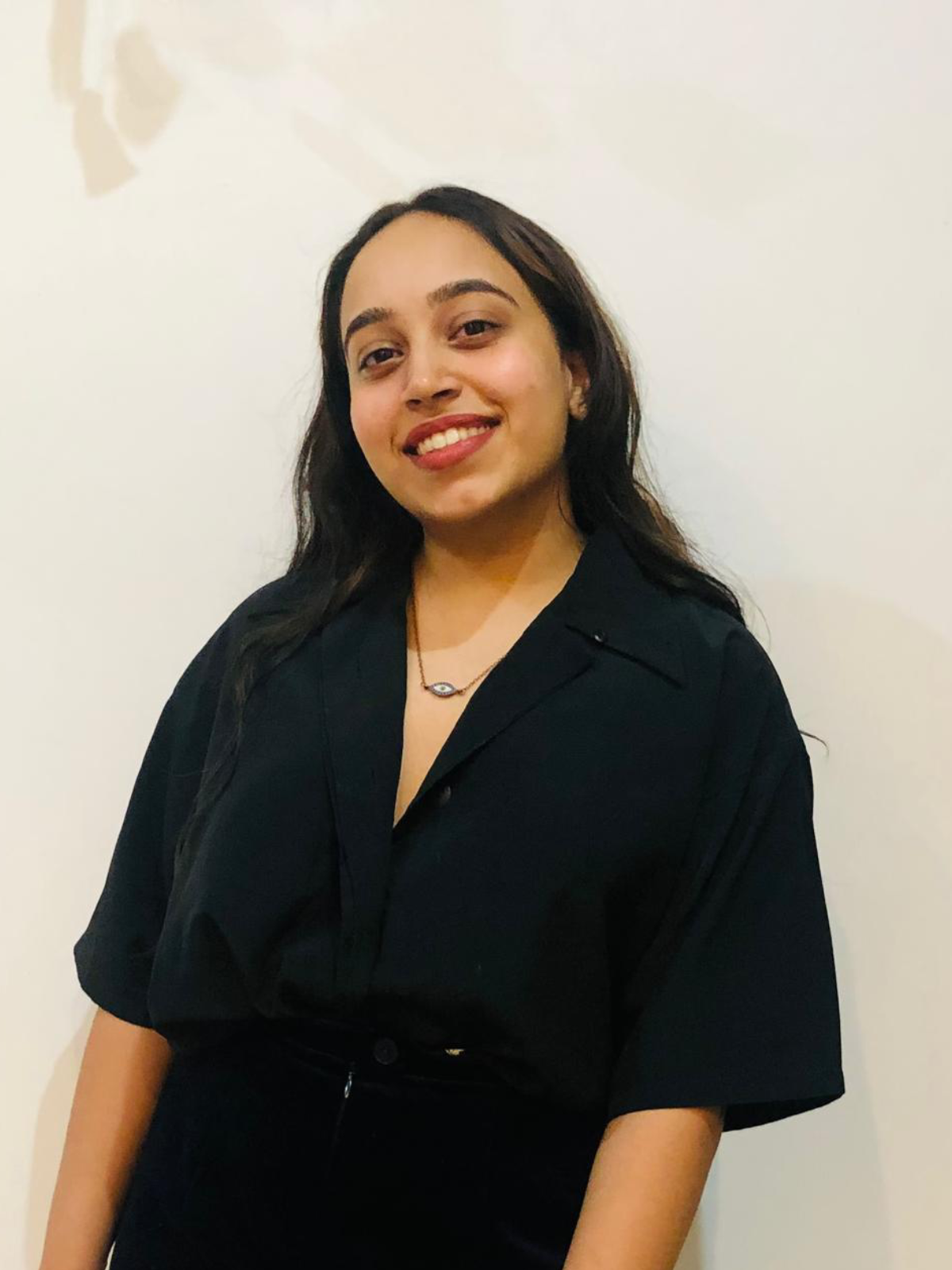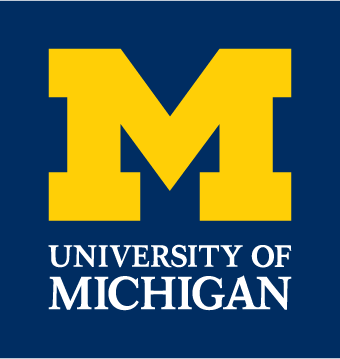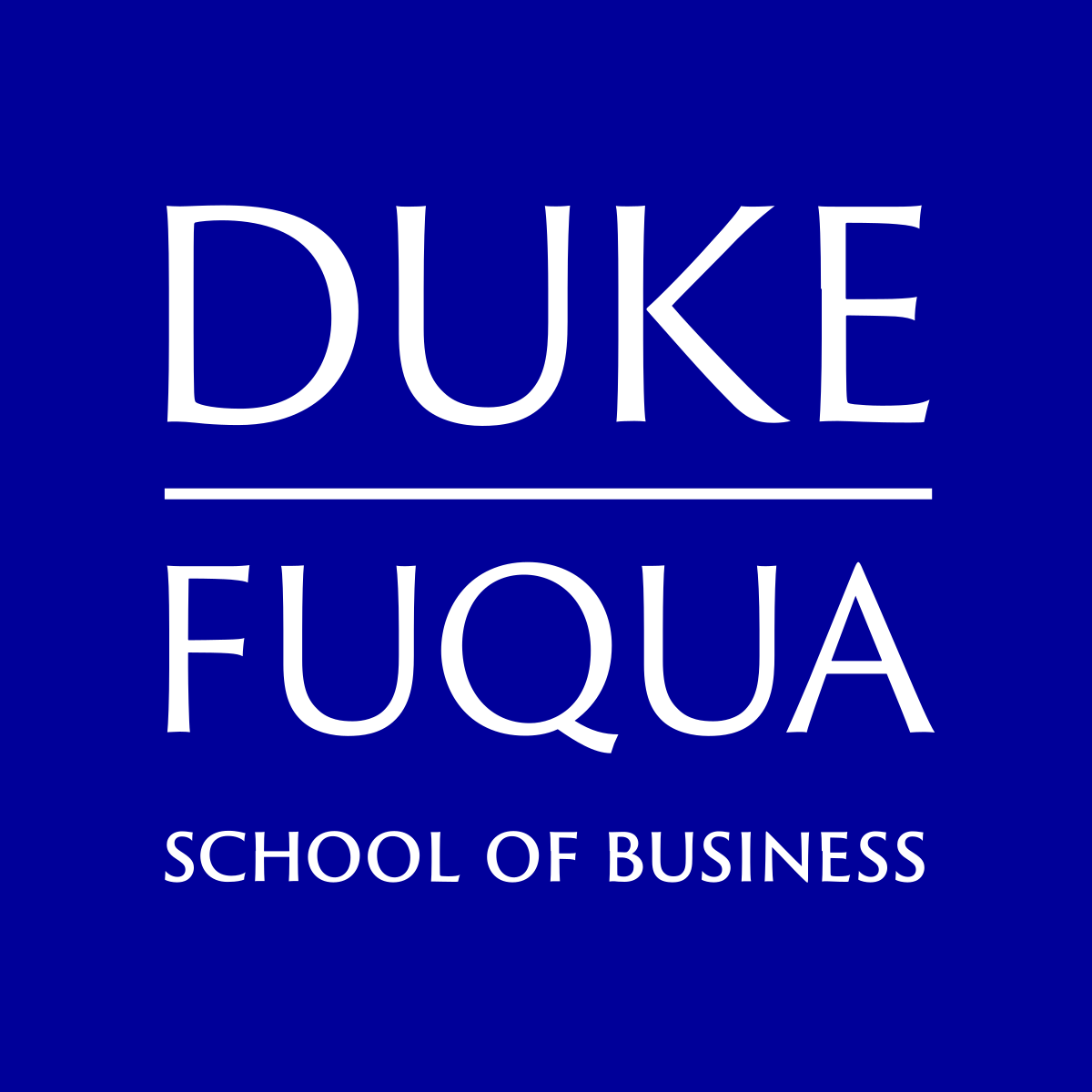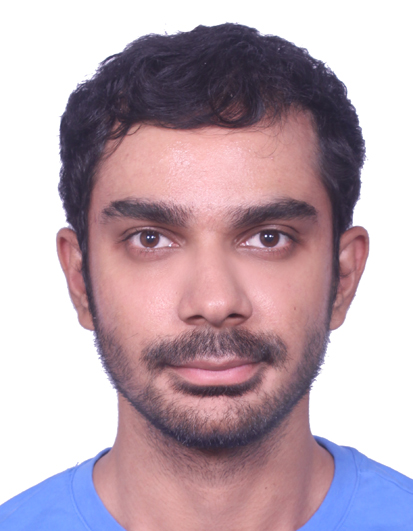MS in Australia
Studying a Master's degree in Australia is an enticing prospect for international students. This vibrant and diverse country boasts six universities ranked among the world's top 100 (Times Higher Education World University Rankings). With over 1,100 institutions and a staggering array of more than 22,000 courses, Australia offers a tailored educational experience that caters to the aspirations of every student. Moreover, the country's commitment to excellence in academia is complemented by a rich cultural tapestry, stunning landscapes, and a welcoming atmosphere, making it a truly rewarding destination for higher education.
On this page, we are covering:
- Why Study MS in Australia
- Top Universities in Australia for MS
- In-Demand MS Courses in Australia
- Cost of Studying and Living in Australia
- Career Prospects after MS in Australia
- Scholarships For Master’s in Australia
- Requirements & Eligibility Criteria for MS in Australia
- Deadline for MS Applications in Australia
- Timeline for Master's Application for Australia
- Work Permit for MS Students in Australia
- FAQ’s
Why Study MS in Australia
Pursuing a Master's degree in Australia strikes a balance between quality education and affordability. The cost of education in Australia is notably reasonable, with Master's programs typically ranging from $20,000 to $50,000. However, it is essential to consider the cost of living, which can be relatively higher in Australia. Despite this, the Australian government has taken proactive measures to ease the financial burden on international students by offering a plethora of grants, scholarships, and bursaries to support their academic journey.
Additionally, Australia's immigration policies have undergone recent changes that are advantageous to international students, allowing them to work while studying. With generous work permits, students can work up to 40 weeks in a year, providing them with valuable professional exposure and the chance to offset some living expenses.
Australia's reputation as a global education hub is further bolstered by its multicultural society. As an international student, you will find yourself immersed in a rich cultural exchange, fostering global connections that transcend borders. Moreover, the nation's commitment to research and innovation ensures that Master's students have access to cutting-edge facilities and pioneering faculty. This creates a conducive environment for intellectual exploration and encourages students to engage in groundbreaking research within their chosen fields.
Top Universities in Australia for MS
Below is a list of Australian universities that offer MS programs:
- The University of Melbourne
- The University of New South Wales (UNSW Sydney)
- The University of Sydney
- Australian National University (ANU)
- Monash University
- The University of Queensland
- The University of Western Australia
- The University of Adelaide
- University of Technology Sydney
- Macquarie University (Sydney, Australia)
- RMIT University
- University of Wollongong
- The University of Newcastle, Australia (UON)
- Curtin University
- Queensland University of Technology (QUT)
- Deakin University
- La Trobe University
- Griffith University
- Swinburne University of Technology
- · University of Tasmania
In-Demand MS Courses in Australia
- Master of Agricultural Sciences
- Master of Architecture
- Master of Accounting
- Master of Business Analytics
- Master of Science in Computer Science
- Master of Laws (LL.M.)
- Master of Public Health
- Master of Mass Communication
- Master of Tourism and Hospitality Management
- Master of Biotechnology
Cost of Studying and Living in Australia
Living expenses in Australia, including accommodation, transportation, and food, can add an additional AUD 15,000 to AUD 25,000 per year. In the major cities of Australia, such as Sydney, Perth, and Melbourne, the cost of living is higher than most other cities in the world. On the other hand, the cities of Adelaide and Brisbane are much more affordable. Here, rents are much lower, and the cost of basic goods and services is much cheaper.
|
Facilities |
Costs (AUD) |
|
Accommodation |
Around 1500-3000 per month |
|
Transportation (Public) |
Around 150 to 200 per month |
|
Food |
Around 50-300 per week |
|
Gas and Electricity |
Around 30 to 150 per week |
|
Phone and Internet |
Around 20 to 60 per week |
|
Books and study material |
Around 500 to 1,000 per year |
|
Personal Expenses (entertainment, shopping, etc.) |
Around 50 to 100 per week |
Career Prospects after MS in Australia
The average annual base salary amounts to AU$85k per year. Refer to the table below for job titles, estimated salary ranges, and average salaries for MS graduates in Australia.
|
Job Title |
Range |
Average |
|
Data Analyst |
AU$56k - AU$95k |
AU$73,021 |
|
Data Scientist |
AU$66k - AU$118k |
AU$88,449 |
|
Software Engineer |
AU$60k - AU$126k |
AU$85,930 |
|
Food Technologist |
AU$50k - AU$96k |
AU$67,011 |
|
Project Manager, (Unspecified Type / General) |
AU$69k - AU$158k |
AU$103,181 |
|
Management Consultant |
AU$56k - AU$150k |
AU$90,489 |
|
Senior Software Engineer |
AU$88k - AU$157k |
AU$119,254 |
|
Project Engineer |
AU$62k - AU$132k |
AU$88,802 |
|
Environmental Consultant |
AU$53k - AU$101k |
AU$68,644 |
|
Environmental Scientist |
AU$55k - AU$154k |
AU$76,618 |
|
Senior Business Analyst |
AU$80k - AU$126k |
AU$99,905 |
|
Senior Systems Engineer |
AU$83k - AU$158k |
AU$118,042 |
|
Quality Assurance Manager |
AU$66k - AU$134k |
AU$92,242 |
|
Software Developer |
AU$56k - AU$127k |
AU$82,001 |
|
Project Coordinator, (Unknown Type / General) |
AU$49k - AU$98k |
AU$66,591 |
|
Executive Director |
AU$81k - AU$275k |
AU$152,092 |
|
Business Analyst, IT |
AU$54k - AU$95k |
AU$72,002 |
|
Agronomist |
AU$49k - AU$77k |
AU$61,051 |
|
Marketing Manager |
AU$70k - AU$143k |
AU$97,399 |
|
Technical Consultant |
AU$48k - AU$80k |
AU$61,081 |
|
Operations Manager |
AU$64k - AU$179k |
AU$102,142 |
Scholarships For Master’s in Australia
The Australian government provides several scholarships for international students. Some of these are:
- Griffith Remarkable Scholarship: Griffith Remarkable Scholarship is a scholarship program offered by Griffith University to full-time applicants with a minimum of 5.5 GPA on a scale of 7. It covers 50% of undergraduate or graduate courses tuition fee.
- Federation University Future Leader Scholarship Package (Brisbane Campus): This scholarship provides a maximum of AUD $7,300 to one student. It majorly attracts future leaders who can bring innovative initiatives at Federation University, Brisbane Campus.
- Deakin International Scholarship: It covers 25% of tuition fees for students with a minimum of 65% (or equivalent) in previous studies.
Requirements & Eligibility Criteria for MS in Australia
- Academic Records: Applicants must provide original transcripts from their previous educational institution.
- English Proficiency: Applicants are required to demonstrate English proficiency by obtaining a minimum IELTS score of 6.5, with a sub-score of 6.0 or its equivalent from a recognized language test.
- Statement of Purpose (SOP): All candidates must submit an SOP specifically tailored for their study.
- Updated Resume: A current and comprehensive resume showcasing academic achievements and professional experience.
- Letters of Recommendation (LOR): Applicants should submit 1-2 academic LORs and at least 1 professional LOR, providing insights into the applicant's academic competence and work-related abilities.
- GRE Scores (Optional): While not mandatory, applicants are encouraged to provide their GRE scores.
Deadline for MS Applications in Australia
There are two intakes for MS in Australia:
- February (Semester 1) intake: Begins late February or early March to late May or early June
- July (Semester 2) intake: April-May
February, also the primary intake in Australia, is a better time to start your semester, as it is the beginning of the academic year and offers varied course choices. If you miss this intake, July is an equally good time; however, it accepts a restricted number of applicants and provides a limited number of courses. In addition to these, there is also a November intake with a limited number of university and program choices.
Timeline for Master's Application for Australia
Here is a general Master's degree timeline for Australia:
- Allocate 1-4 weeks for passport application and processing.
- Plan for 2-8 weeks to prepare for and take the IELTS exam.
- Allow 4-10 weeks for GRE preparation and test-taking.
- Give yourself 1-3 weeks to write and refine important application components like CV, SOP, and LOR.
- Submit your applications 1-2 weeks before the deadline.
- Await the first admission decision.
- Begin the loan process 3-6 weeks before the program starts.
- Obtain travel insurance in 15-30 minutes.
- Plan for 2-6 weeks for visa application and processing.
- Obtain prepaid cards within 1-3 days.
- Schedule and complete a health checkup in 1-2 days.
- Allow 1 week for shopping and gathering necessary items.
Remember, starting early is crucial, but even if you're slightly behind, completing tasks before the application deadline is manageable.
Work Permit for MS Students in Australia
If you're interested in staying in Australia to work after you graduate, you'll need to get a new working visa before your student visa expires. As a graduated international student, you may be eligible for the Post-Study Work stream of the Temporary Graduate Visa (subclass 485) if you have completed a Bachelor, Masters or Doctoral degree.
FAQ’s
On average, tuition fees for international students pursuing a Master's degree in Australia can range from AUD 20,000 to AUD 45,000 per year. It is essential to check with individual universities for their specific tuition fees and any additional expenses like living costs, health insurance, and study materials.
To pursue MS in Australia, you generally need to provide English language proficiency test scores. The most commonly accepted exams are the IELTS (International English Language Testing System) and TOEFL (Test of English as a Foreign Language). Some universities might also accept other tests like PTE (Pearson Test of English). Check with the universities you are interested in for their specific English language requirements.
To pursue MS in Australia, start by exploring universities and MS programs in Australia that align with your academic and career goals. Gather all necessary documents, including academic transcripts, letters of recommendation, statement of purpose, and English language test scores. Submit your application to the universities of your choice before their application deadlines.
Scholarships for international students pursuing MS in Australia are available from various sources, including the Australian government, universities, and private organizations. To secure a scholarship, you should highlight your academic achievements, extracurricular activities, and any relevant accomplishments in your application.
Yes, Australia is a popular destination for MS in Computer Science.
In general, most Australian universities do not require the GRE (Graduate Record Examination) for admission to MS programs. However, it is essential to check with the universities directly to confirm their admission criteria.
Yes, for most universities in Australia, IELTS (International English Language Testing System) scores are sufficient to demonstrate English language proficiency for admission to MS programs. Some universities might accept other English language tests like TOEFL or PTE, but IELTS is widely accepted.
Yes, as an international student pursuing a full-time Master's degree in Australia, you are allowed to work part-time during your studies.
Yes, Australia provides opportunities for international students to extend their stay and work in the country after completing their studies.





































































































